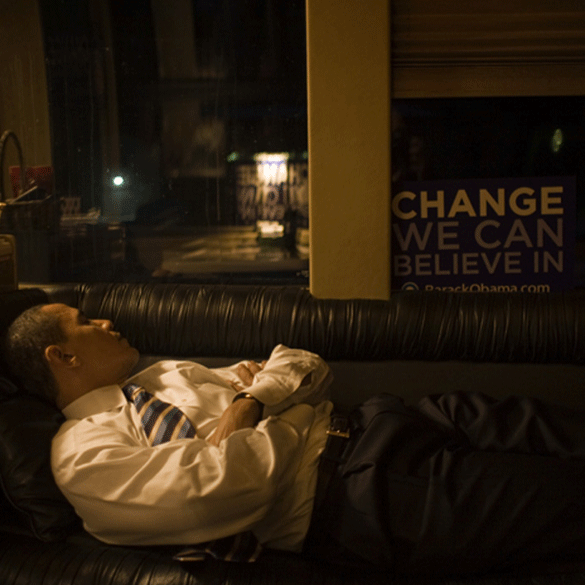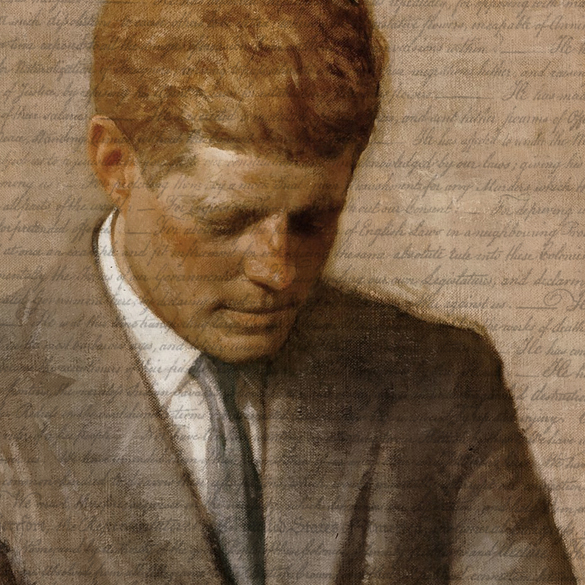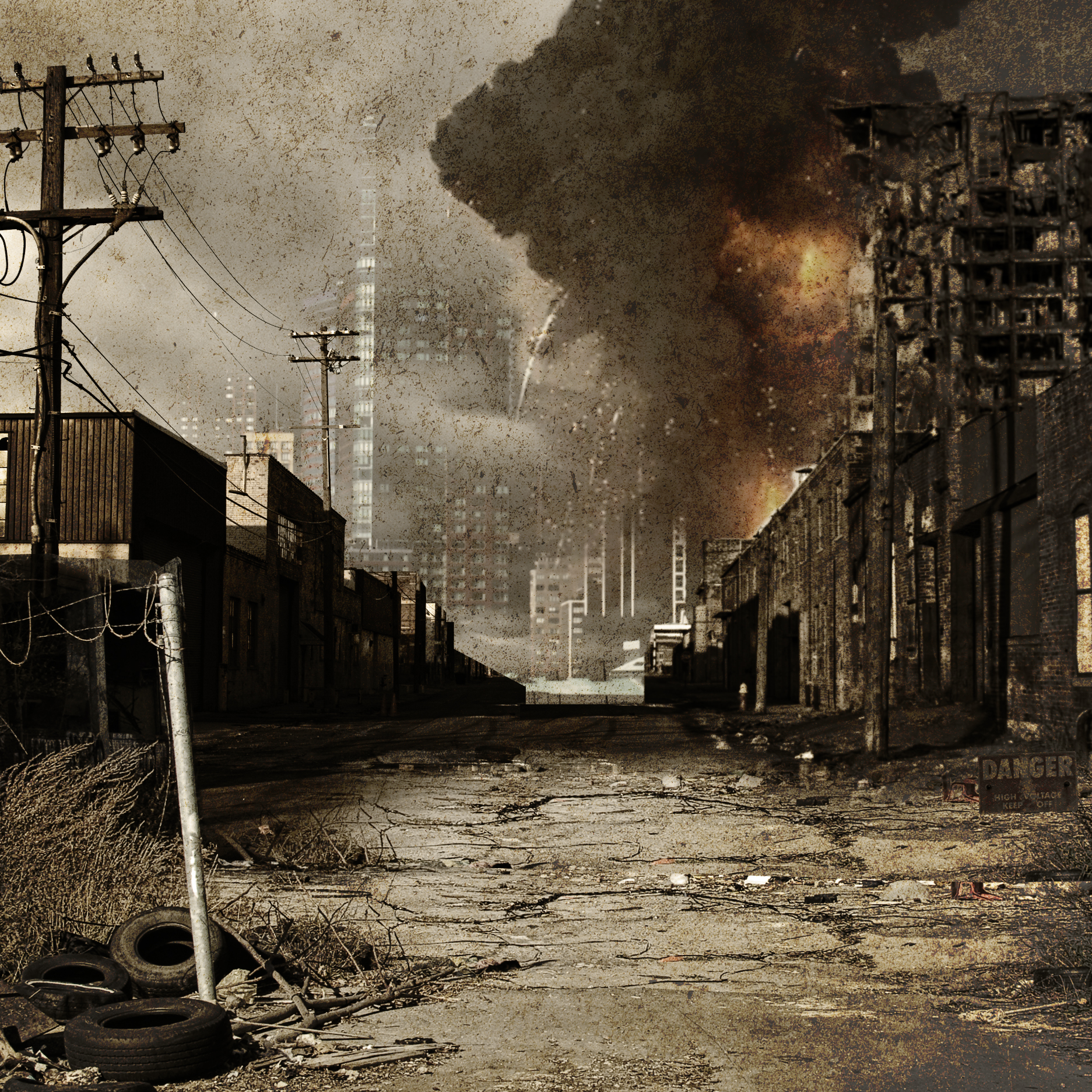“The ultimate measure of a man is not where he stands in moments of comfort and convenience, but where he stands at times of challenge and controversy.”― Martin Luther King Jr.
As one who came of age during the civil rights era, I was profoundly impacted by the life and teachings of Martin Luther King Jr. He taught me so much more than just what it means to look beyond the color of a person’s skin—he taught me that life means nothing if you don’t stand up for the things that truly matter. And what are the things that matter? King spoke of them incessantly, in every sermon he preached, every speech he delivered and every article he wrote. Freedom, human dignity, brotherhood, spirituality, peace, justice, equality, putting an end to war and poverty—these are just a few of the big themes that shaped King’s life and, in turn, impacted so many impressionable young people like myself.
Fast forward 40 years, and we find ourselves living through historic times, with the nation’s first black president embarking on his second term in office. The comparisons between President Obama and King have been inevitable and largely favorable, helped along by Obama, who spoke at King’s Ebenezer Baptist Church in 2008, a year before taking office—accepted the Democratic nomination on the anniversary of King’s “I Have a Dream” speech—presided over the installation and dedication of a national monument to King in Washington, DC—and took his oath of office using one of King’s Bibles on the national holiday dedicated to King.
Clearly, there are similarities between the two men. As a McClatchey news article noted: “Both battled enormous odds to build historic multi-ethnic, multi-racial coalitions—one to advance the cause of civil rights only to be assassinated in 1968, the other to win the nation’s highest office. Both won the Nobel Peace Prize. Both could use soaring rhetoric to inspire millions. Both also had to overcome critics who accused them of socialist or communist sympathies, as well as black activists who maintained that they weren’t strong advocates for African-Americans.”
Yet as Fredrick Harris, the director of the Institute for Research in African-American Studies at Columbia University, reminds us, “it is easy to assume that the president is an extension of King’s legacy and the civil rights movement. For black America, in particular, Obama has already joined the pantheon of great African American leaders, alongside Harriet Tubman, Frederick Douglass, Ida B. Wells, Malcolm X and, of course, King. He has joined their ranks not for his activism or his efforts to break down racial inequality, but for the symbolic weight of being the nation’s first black president.”
We’d be doing King and his legacy a profound disservice, however, if we do not insist that Obama do more than pay lip service to the man he credits, alongside Abraham Lincoln, as being one of his two heroes. Indeed, Obama spent much of the last four years campaigning for re-election and will likely spend the next four attempting to establish a lasting legacy for his presidency.
If Obama wants to be remembered for anything more than the color of his skin, he would do well to brush up on King’s teachings, which were far more radical than the watered-down pap about him being taught today. The following key principles, largely absent from Obama’s first term in office, formed the backbone of Rev. King’s life and work.
Practice non-violence, resist militarism and put an end to war.
“I could never again raise my voice against the violence of the oppressed in the ghettos without having first spoken clearly to the greatest purveyor of violence in the world today—my own government.”—Martin Luther King Jr., Sermon at New York’s Riverside Church (April 4, 1967)
On April 4, 1967, exactly one year before his murder, King used the power of his pulpit to condemn the U.S. for “using massive doses of violence to solve its problems, to bring about the changes it wanted.” Insisting that no one who has any concern for the integrity and life of America can ignore its part in the Vietnam War, King called on the U.S. to end all bombing in Vietnam, declare a unilateral cease-fire, curtail its military buildup, and set a date for troop withdrawals. In that same sermon, King warned that “a nation that continues year after year to spend more money on military defense than on programs of social uplift is approaching spiritual death.”
Contrast this with Obama’s use of the power of his office to expand America’s military empire at great cost to the nation, authorize drone strikes which have wreaked havoc on innocent civilians, and defend indefensible police tactics used in SWAT team raids and roadside stops. Obama’s national security budget for 2013, which allots a whopping $851 billion to be spent on wars abroad, weapons and military personnel, significantly outspends the money being spent on education, poverty and disease.
Stand against injustice.
“Injustice anywhere is a threat to justice everywhere… there are two types of laws: just and unjust. I would be the first to advocate obeying just laws. One has not only a legal but a moral responsibility to obey just laws. Conversely, one has a moral responsibility to disobey unjust laws.”― Martin Luther King Jr., “Letter from a Birmingham Jail” (April 16, 1963)
Arrested and jailed for taking part in a nonviolent protest against racial segregation in Birmingham, Ala., King used his time behind bars to respond to Alabama clergymen who criticized King’s methods of civil disobedience and suggested that the courts were the only legitimate means for enacting change. His “Letter from a Birmingham Jail,” which makes the case for disobeying unjust laws, points out that “a just law is a man made code that squares with the moral law or the law of God. An unjust law is a code that is out of harmony with the moral law. To put it in the terms of St. Thomas Aquinas: An unjust law is a human law that is not rooted in eternal law and natural law. Any law that uplifts human personality is just. Any law that degrades human personality is unjust.”
Contrast this with Obama’s ongoing endorsement of clearly unjust laws and government practices, some of which he has publicly acknowledged to be problematic or altogether wrong. For example, Obama signed into law the National Defense Authorization Act of 2013 and the Foreign Intelligence Surveillance Act Amendments Act, which respectively authorize the military to indefinitely detain American citizens, as well as spy on Americans who communicate with people overseas, whether they are journalists, family members, or business associates. Obama’s Justice Dept. has also urged the U.S. Supreme Court to grant police more leeway to strip search Americans and raid homes without a warrant. As King warned, “Never forget that everything Hitler did in Germany was legal.”
Work to end poverty.
“True compassion is more than flinging a coin to a beggar; it is not haphazard and superficial. It comes to see that an edifice which produces beggars needs restructuring.”—Martin Luther King Jr., Sermon at New York’s Riverside Church (April 4, 1967)
Especially in the latter part of his life, King was unflinching in his determination to hold Americans accountable to alleviating the suffering of the poor, going so far as to call for a march on Washington, DC, to pressure Congress to pass an Economic Bill of Rights. In recounting a parable about a man who went to hell because he didn’t see the poor, King cautioned his congregants: “Dives didn’t go to hell because he was rich… Dives went to hell because he was passed by Lazarus every day and he never really saw him. He went to hell because he allowed his brother to become invisible. Dives went to hell because he maximized the minimum and minimized the maximum. Indeed, Dives went to hell because he sought to be a conscientious objector in the war against poverty.”
Prioritize people over corporations.
“When machines and computers, profit motives and property rights, are considered more important than people, the giant triplets of racism, extreme materialism, and militarism are incapable of being conquered.” —Martin Luther King Jr., Sermon at New York’s Riverside Church (April 4, 1967)
With roughly 25 lobbyists per Congressman, corporate greed largely calls the shots in the nation’s capital, enabling our elected representatives to grow richer and the people poorer. One can only imagine what King would have said about a nation whose political processes, everything from elections to legislation, are driven by war chests and corporate benefactors rather than the needs and desires of the citizenry.
Stand up for what is right, rather than what is politically expedient.
“On some positions, cowardice asks the question, is it expedient? And then expedience comes along and asks the question, is it politic? Vanity asks the question, is it popular? Conscience asks the question, is it right? There comes a time when one must take the position that is neither safe nor politic nor popular, but he must do it because conscience tells him it is right.”—Martin Luther King Jr., Sermon at National Cathedral (March 31, 1968)
Five days before his murder, King delivered a sermon at National Cathedral in Washington, DC, in which he noted that “one of the great liabilities of life is that all too many people find themselves living amid a great period of social change, and yet they fail to develop the new attitudes, the new mental responses, that the new situation demands. They end up sleeping through a revolution.”
As King recognized, there is much to be done if we are to make this world a better place, and we cannot afford to play politics when so much hangs in the balance. It’s time, Mr. President, to wake up. To quote your hero: “[O]ur very survival depends on our ability to stay awake, to adjust to new ideas, to remain vigilant and to face the challenge of change. The large house in which we live demands that we transform this world-wide neighborhood into a world-wide brotherhood. Together we must learn to live as brothers or together we will be forced to perish as fools.”


